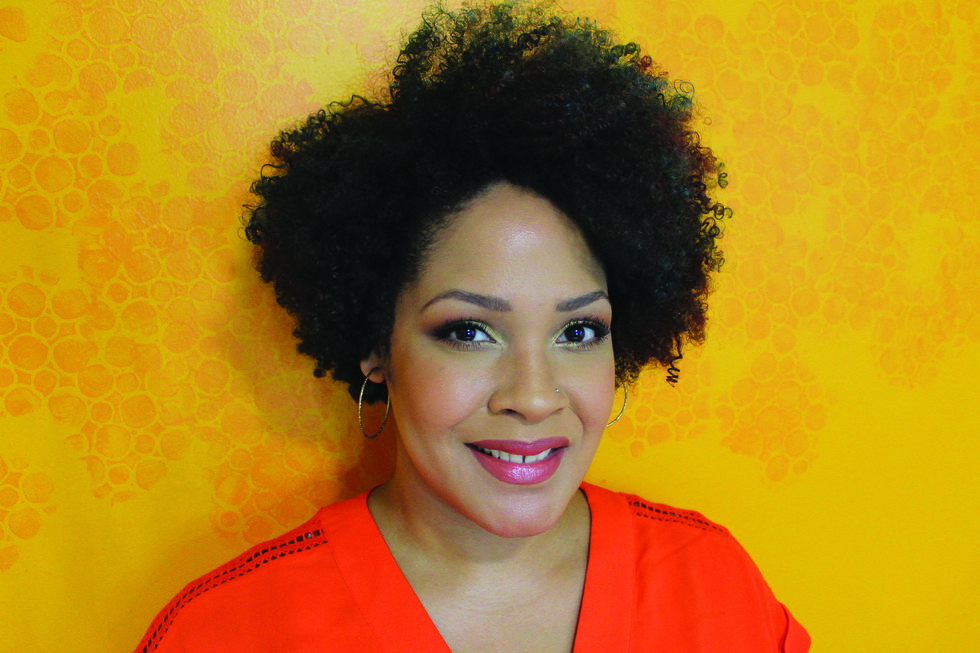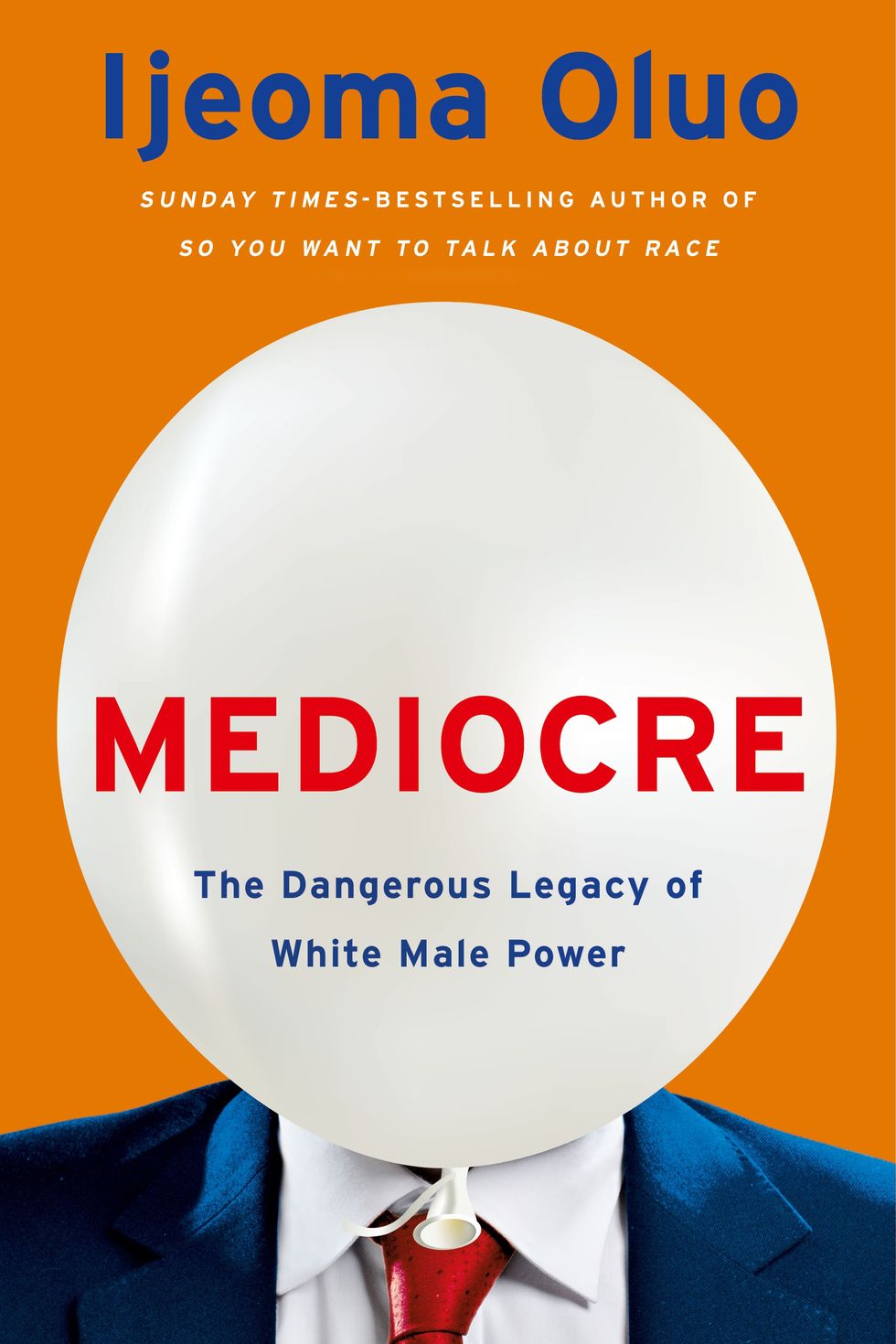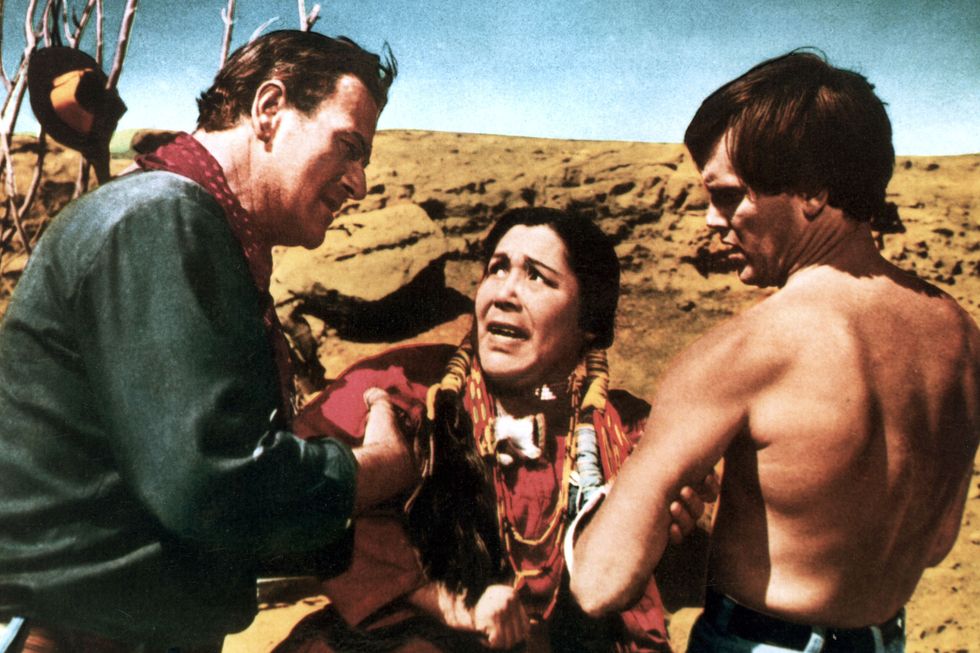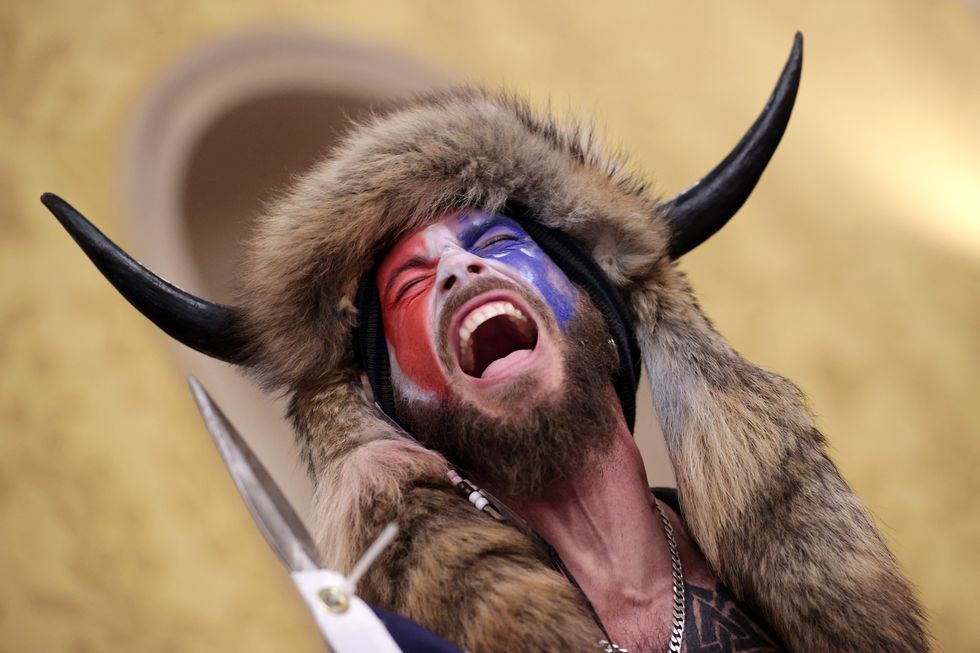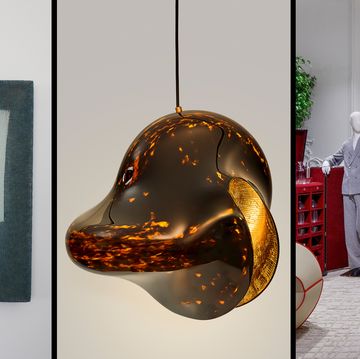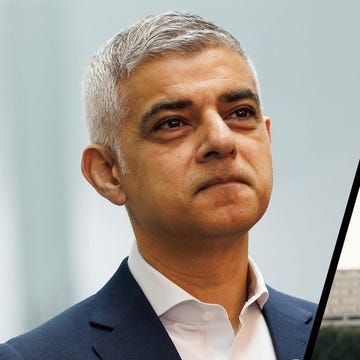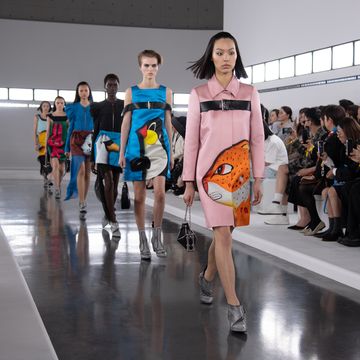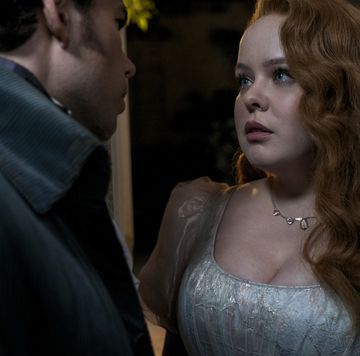There are people who permeate your consciousness over time, drip by drip, like the leak of a tap. Then there are others, like author Ijeoma Oluo, whose way of thinking is immediately and deeply immersive, forcing you to envelop yourself in her world, head under water, all at once.
The Seattle-based, Nigerian-American writer and author of New York Times best-seller So You Want To Talk About Race is inspired by identity politics in the US, focusing on critiques about race and the oppression of Black women in contemporary culture. She is genuinely invested in the authentic portrayal of the Black community and what makes it tick, however emotionally exhausting it may be. Oluo’s latest book, Mediocre: The Dangerous Legacy of White Male America, paints an urgent, honest picture of how white male identity has spawned unrest in the country’s political ideology, exploring the system’s power dynamics with sharp insight and a profound pace that verges on activism. It’s a necessary read for the world we live in.
We caught up with the author to talked mediocrity, accountability, and progress.
What made you delve into the topic of the dominance of mediocre white men?
“Primarily, it was my life in work as a Black woman. If you work with white men, if you vote, and if you pay attention to global politics, you’re constantly confronted with the phenomenon of how white male identity has been constructed. Through my findings, I want people to understand that this isn’t just a recent incident, but a product and a deliberate building of white male identity, which has been rewarded in our culture for multiple generations.”
What do you hope readers will learn from Mediocre?
“If was to pick one thing it would be the way that we define success and power, which, in most cases, is inherently harmful. And it’s harmful to everybody. If we want to create radical change, not only do we have to address the bigotry and violence in our society and the rate of oppression ingrained in it, but we must also look at how we participate in these norms that are rewarding violent and oppressive behaviour.”
What does white male mediocrity look like today both in the US and the UK? How do we recognise it?
“The most obvious examples would be to look at our political leadership and analysing the ineffectiveness and often the inadequacy of our leaders that is helmed mainly by white men. Also, we must not fail to look at our culture and the people that we call heroes. We must look at our films and books, and the way we reward the white man who ‘strikes and acts violently’, or the man who seeks to control and dominate Black folk. The honest result of that behaviour is not one that benefits our society, corporations or governments; it does harm and yet we reward it consistently, branding it as manhood, power and leadership.”
How are mediocre white men damaging society, specifically in relation to women and also in general terms?
“There are many aspects to this. We can look at the patterns of our environment, but specifically, the idea that white men were born to control all their domains and also our physical environments. The lack of care and responsible stewardship for the earth and the environmental devastation we’re witnessing are great examples. We see this in corporations too, where behaviours such as aggression and isolation are rewarded and yet they're also highly detrimental to businesses. In every aspect of society and our history, we see this behaviour and how it’s rewarded societally, and yet we all pay – including white men.
“On practical terms, white mediocre men judge how good they’re doing based on how much better than people and women of colour they’re doing. In office spaces, which are traditionally reserved for white men, you see the promotion and rise of women is envisioned as a threat. Research shows that when a woman or a person of colour is promoted to the head of a company, the productivity of white men in leadership of that company actually decreases because they no longer feel that the business represents them anymore. Indirectly, there’s a reluctance to see women and people of colour at the top, but also a sabotage that happens and extreme lack of support that follows because white male identity is tied to seeing white leaders thriving, telling women and POC what to do and never the opposite.”
What is it that propelled you to analyse the myth of cowboys in the Wild West in your book?
“Part of it was related to the many ways we view the current political moment, and I do see some of this in the UK, particularly how Boris Johnson has tackled culture-related issues. Each individual white man needs to be looked at individually, instead of looking at cases systemically. That said, when I consider where some of these myths and narratives come from, I look at the Wild West because it’s a world rich of ideals of strength and resolute power. In that narrative, not only do we see an incredibly powerful identity upheld by many white men, but an identity that influences political policies and presidents, which has done incredible damage to people of colour.”
One aspect of Mediocre is an examination of accountability, linking it to a blunt refusal to analyse privilege. How can we prevent Black women from being demonised just for being Black?
“Part of it is that we have to be aware of how we’ve been miseducated and indoctrinated with anti-Black beliefs and anti-Black misogyny, which really devalues Black women. We have to acknowledge such beliefs exist within us, and to recognise them. We must also question where our systems have failed, harming Black women and leaving them vulnerable. Both in the US and in the UK, Black women have been reduced to their labour and bodies in order to extract what white supremacy has viewed as their value. You have to culturally support these systemic actions if you want progress.”
How can we help engage more people with social movements such as yours?
“Look at what movements are saying, as well as what they’re experiencing in society, then look at your own area and neighbourhood. If you want to support Black women and communities of colour, ask yourself what is happening in your circles and look at the differences. People get arrested in our schools in the US, and one has to question health disparities, and what the home ownership rates are. One must look at these things and ask, ‘do I have power and a voice in this?’ Listen to what people in the community are saying. Don’t just look to a big community leader or surf the internet to check the most prominent Black voice. In your capacity, question how you can use your influence to back up discrimination and all that comes from it.”
Based on present circumstances, what do you envision for the American racial landscape?
“It all looks incredibly rough, especially this year. The violence that we saw around the inauguration is just a foreshadowing of what’s to come. Violent behaviour is something that white men have turned to time and time again, especially whenever they feel threatened by advances made by women and people of colour. There’s been less than 15 arrests so far from the storming of the federal building, compared to the thousands arrested in Black Lives Matter protests. In this, you can see the double-standards and the message that was clearly sent to white men: 'you’re doing the right thing and you can get away with it because you’re supported.' I think the landscape is going to become even more dangerous and violent. The question now is, what do we do? We have more of an opportunity to create a confrontation, now than we had during Trump’s administration. The question is whether we will rise to the challenge.”
What are your hopes?
“If I was being pragmatic, I would hope for a rollback for the racism, misogyny and corrupt policies enacted during Trump’s administration. I’m hoping to see accountability for the violence, but also for people who stoked that violence. I’m hoping to see movements towards reform and ultimately a defunding of the police forces. I’m hoping that we start talking and having conversations in our family, churches, circles, businesses. I hope that we commit to upholding these pledges so that we start making better choices.”
Mediocre: The Dangerous Legacy of White Male America is available to buy now at amazon.co.uk
In need of some at-home inspiration? Sign up to our free weekly newsletter for skincare and self-care, the latest cultural hits to read and download, and the little luxuries that make staying in so much more satisfying.
Plus, sign up here to get Harper’s Bazaar magazine delivered straight to your door.

